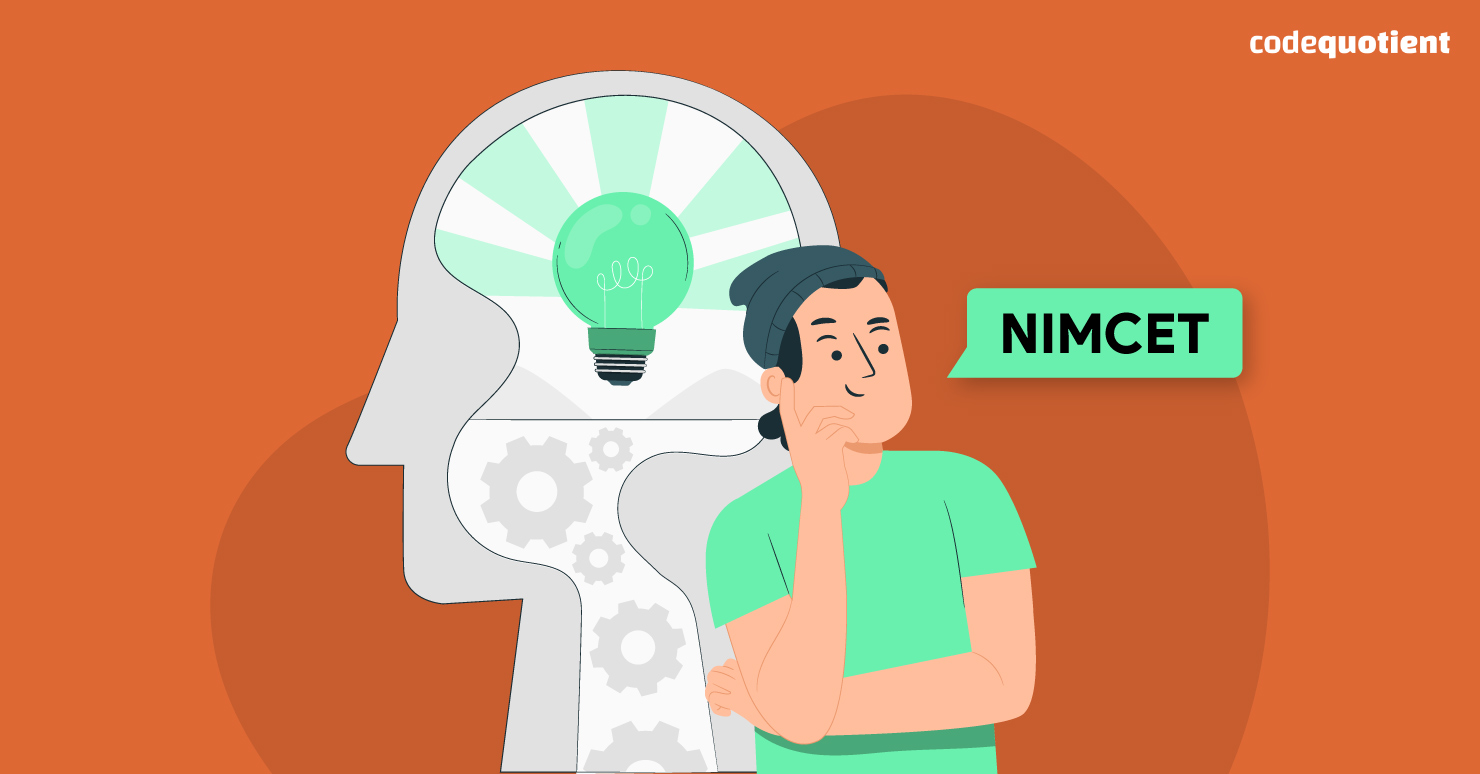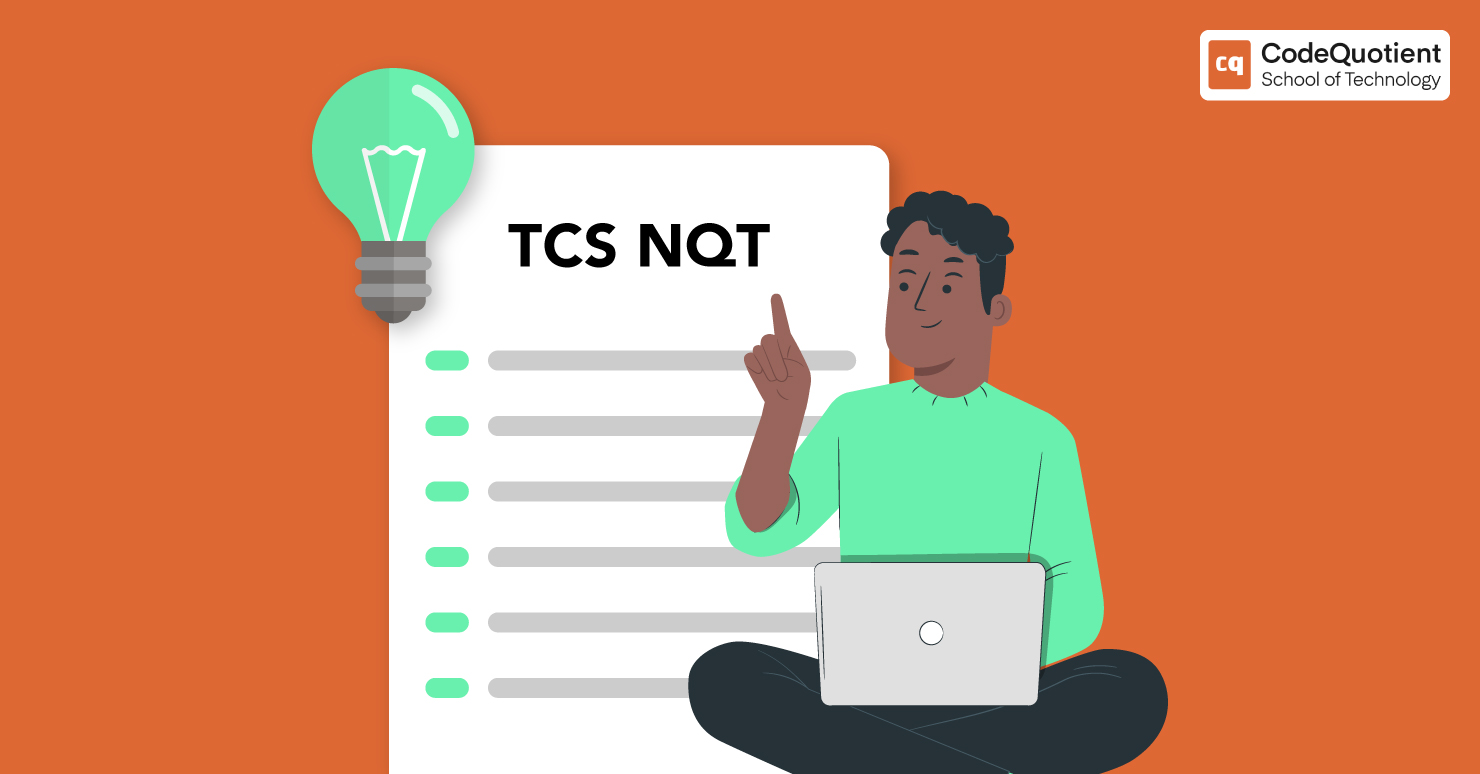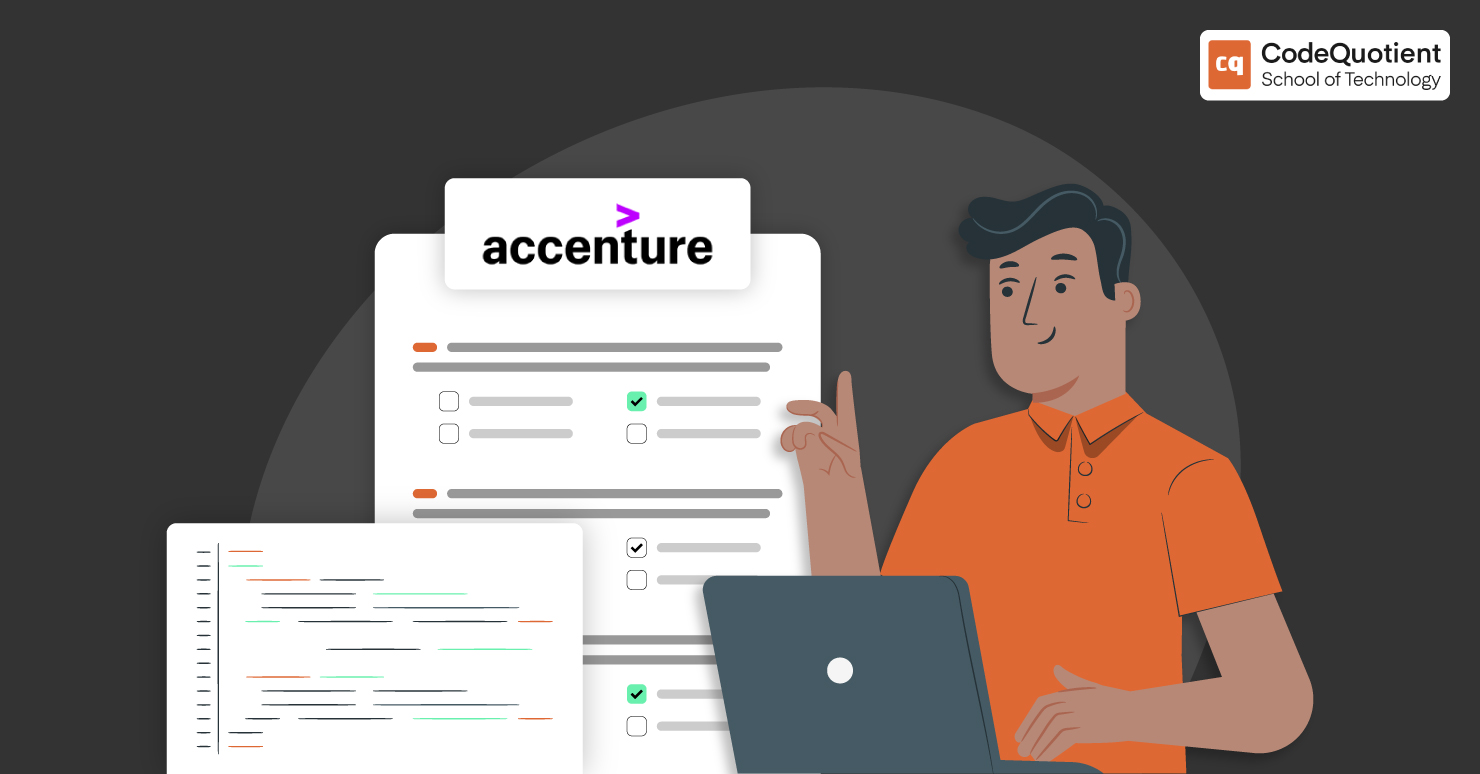Are you planning to take the NIMCET entrance exam to pursue a Master of Computer Applications (MCA) degree from one of the prestigious National Institutes of Technology (NITs) in India?
Well, then, you must be aware of the importance of logical reasoning in this exam. Logical reasoning is one of the four sections in the NIMCET exam, along with mathematics, computer awareness, and general English.
This test evaluates your ability to analyse, interpret, and evaluate information and arguments in a logical manner.
In this article, we’ll explore the significance of logical reasoning in the NIMCET entrance exam and provide you with effective problem-solving strategies to ace this crucial section.
Let’s delve right in!
What is the NIMCET Entrance Exam?
The NIMCET entrance exam is a national-level entrance test conducted by one of the participating NITs annually for admission to their MCA programs. The exam is open to candidates who have completed or are appearing in their final year of a bachelor’s degree with mathematics or statistics as one of the subjects.
The NIMCET entrance exam consists of 120 multiple-choice questions that must be answered in two hours. The questions are divided into four sections:
- Mathematics (50 questions)
- Analytical ability and logical reasoning (40 questions)
- Computer awareness (10 questions)
- General English (20 questions).
Each question carries four marks, with a negative mark of one mark for each wrong answer.
The logical reasoning section is one of the most important sections in the NIMCET entrance exam, as it carries 40% weightage of the total marks. It tests your ability to think logically and analytically and to solve problems using various methods and techniques. It also assesses your comprehension and communication skills, as well as your general awareness and common sense.
Types of Logical Reasoning Questions in NIMCET Entrance Exam
The logical reasoning section of the NIMCET entrance exam comprises various question types, including:
1. Analytical reasoning
These questions assess your ability to analyse information and draw conclusions.
2. Critical reasoning
Critical reasoning questions gauge your capacity to evaluate arguments and make sound judgments.
3. Deductive reasoning
This type of reasoning involves drawing specific conclusions from general premises.
4. Inductive reasoning
Inductive reasoning questions require you to make generalised conclusions based on specific observations.
5. Verbal reasoning
Verbal reasoning questions assess your ability to understand and analyse written information.
6. Non-verbal reasoning
These questions challenge your problem-solving abilities using abstract patterns and diagrams.
5 Key Skills Required for Logical Reasoning for NIMCET Entrance Exam
Before we delve into problem-solving strategies, let’s identify the key skills you need to excel in logical reasoning:
1. Critical Thinking
The ability to think objectively and evaluate information objectively.
2. Analytical Skills
These skills involve breaking down complex problems into smaller, manageable parts.
3. Pattern Recognition
Recognising patterns and trends in data is vital for logical reasoning.
4. Problem-Solving Abilities
Logical reasoning often involves solving intricate problems methodically.
5. Time Management
Managing your time efficiently during the exam is essential.
7 Effective Problem-Solving Strategies for Logical Reasoning in the NIMCET Entrance Exam

Now, let’s explore six effective problem-solving strategies for the logical reasoning section:
1. Understand the Question Thoroughly
Before attempting any question, read it carefully multiple times. Identify the core problem or issue that needs to be addressed.
2. Break Down Complex Problems
For complex problems, identify sub-problems within the question. Solve each sub-problem systematically before tackling the entire question.
3. Use Diagrams and Visual Aids
Visual aids like flowcharts, tables, and Venn diagrams can help you visualise complex information and solve problems more efficiently.
4. Apply Logic and Reasoning Techniques
Familiarise yourself with logic and reasoning techniques such as syllogism, assumptions and conclusions, and cause and effect analysis. Apply these methods when tackling relevant questions.
5. Practice Regularly
Practice is the key to success. Solve sample questions and review previous year’s papers to understand the exam’s logical reasoning section.
6. Time Management Tips
Allocate your time wisely during the exam. Don’t get stuck on a single question; if you find a question particularly challenging, move on and come back to it later.
7. Seek Help When Needed
Consider joining study groups or coaching classes if you struggle with specific concepts or questions. Don’t hesitate to clarify your doubts with teachers or peers.
5 Common Mistakes to Avoid While Preparing for Logical Reasoning
In your journey to mastering logical reasoning for the NIMCET entrance exam, be sure to avoid these common pitfalls:
1. Overcomplicating Simple Problems
Sometimes, the solution is simpler than it seems. Avoid making problems more complex than they are.
2. Neglecting to Read Instructions Carefully
Skipping instructions can lead to incorrect answers. You should always read the instructions carefully and follow them accordingly.
3. Rushing Through Questions Without Understanding
Avoid rushing through the questions without understanding them properly, and jump to the first answer that seems plausible or familiar.
4. Getting Stuck on One Question for Too Long
While persistence is admirable, spending too much time on a single question can cost you valuable time for others.
5. Ignoring the Process of Elimination
Eliminating obviously incorrect answer choices can make problem-solving more manageable.
Resources for Logical Reasoning Preparation for NIMCET Entrance Exam
To excel in logical reasoning for the NIMCET entrance exam, consider utilising the following resources:
1. Recommended books and study materials
Explore textbooks and study guides tailored to logical reasoning topics. Some of the recommended books are:
- A Modern Approach to Logical Reasoning by R.S. Aggarwal
- Analytical Reasoning by M.K. Pandey
- Logical Reasoning Test Preparation Guide by Pearson
- NIMCET MCA Entrance Exam Guide by RPH Editorial Board
2. Online resources and forums
There are numerous online platforms and forums where you can find practice questions, tips, and guidance from experts. Some of the online resources are:
- IndiaBIX: This online portal provides aptitude questions and answers for various exams and interviews.
- GeeksforGeeks: This portal provides computer science tutorials, articles, quizzes, etc., for various topics and levels.
Mastering Logical Reasoning: Key to NIMCET Entrance Exam
Logical reasoning is a vital component of the NIMCET entrance exam, and mastering it requires dedicated practice and effective problem-solving strategies. Remember that success in this exam is achievable with the right mindset and preparation.
But if you want a unique and comprehensive post-graduate program in Software Engineering combined with an MCA degree, then you can choose CodeQuotient Academy‘s program – the PGP-SE + MCA.
This program will help you develop projects corresponding to class concepts, emphasising practical learning, including creating a To-Do List, Music Player, Mini Shell, Interactive Quiz, Text Editor, Minesweeper Game, and more.
Contact us today to learn more!




